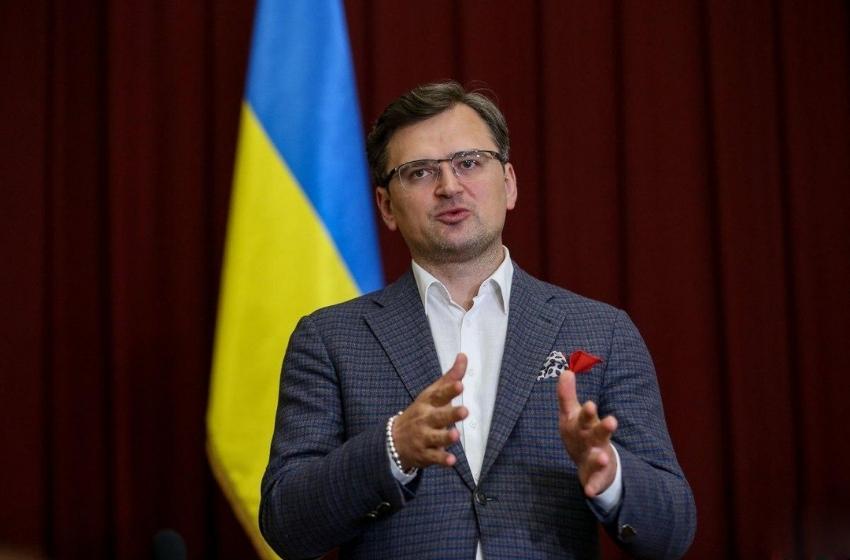The Russian government is tightening restrictions on agricultural producers to slow the pace of food inflation. On November 27, the grain export quota was reduced from 28 million to 11 million tons.
Starting December 4, the export duty on wheat will increase from $28 to $34 per ton, on barley from $11 to $16 per ton, and on corn from $33 to $38 per ton.
At the same time, Moscow plans to offset losses from the decline in grain exports by raising the recycling fee on agricultural machinery from $1,604 to $8,020 in 2025. Additionally, there will be expanded requirements for receiving preferential subsidies and loans.
To qualify for these subsidies, farmers must insure their harvest. For small and medium-sized farmers, purchasing an insurance policy will become a significant expense. Farmers must insure each crop separately. The cost of insuring one crop on a 200-300 hectare plot is $372, and for large farms, the cost can reach $3,720.
These restrictive measures are likely to have a temporary effect in curbing inflation. However, they will inevitably lead to higher prices for agricultural products, bankruptcies of small and medium-sized farmers, and the creation of a "shadow market" for grain. This further illustrates that the Kremlin is pushing the country into an economic abyss due to its war against Ukraine.





















